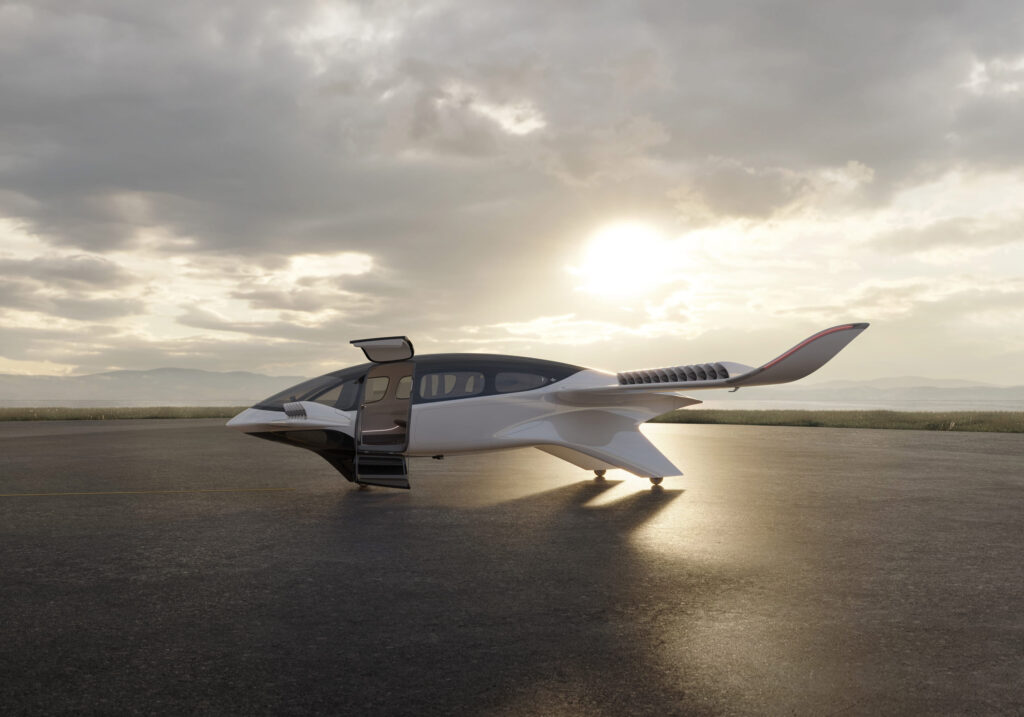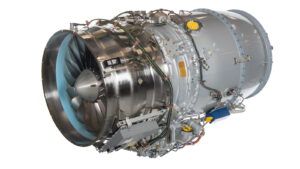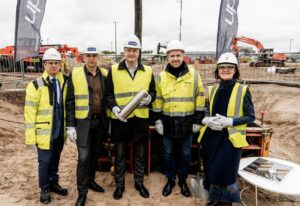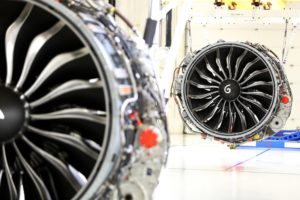Honeywell has been selected by Lilium to supply propulsion unit position sensors for the company’s Lilium Jet. Honeywell designed these sensors, known as “resolvers,” specifically for the needs of the Lilium Jet. The sensors will play a critical role in accurately sensing the engine’s position, ensuring that the jet can safely reach the exact position required for a successful take-off.
Creating sensing solutions for regional air mobility supports Honeywell’s portfolio alignment to three compelling megatrends: automation, the future of aviation and energy transition. Honeywell is an investor in Lilium and supplies many key components for the Lilium Jet, including e-motors for the engines, avionics, onboard thermal management systems and the flight control computer.
Lilium is creating the world’s first eVTOL jet and aims to develop zero operating emissions, accessible modes of high-speed, regional transportation. The Lilium Jet is powered by 30 electric ducted fan engines, each of which needs to move precisely from a vertical to horizontal position to support take-off and forward movement in the air. This action is controlled by a resolver, traditionally a heavier piece of equipment composed of coils of copper wire and magnetic steel.
Honeywell, working closely with Lilium, created a customised, solid-state resolver using patented spiral magnet technology and magneto-resistive sensors that can determine the position of magnetic objects. The resolver is substantially less expensive and lighter weight than traditional counterparts. Although specific to the Lilium Jet, this Honeywell-patented technology can be replicated across other types of electric aircraft and will play an important role in furthering the adoption of advanced air mobility.






























